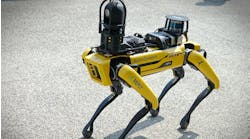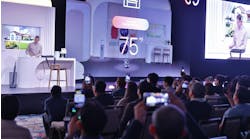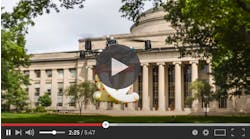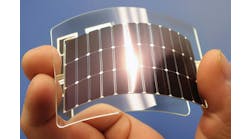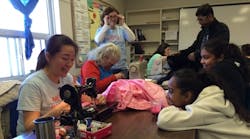Repair Cafes Inspire Hand-On Learning, Reduce Waste, and Strengthen Community Bonds
Toss it? No way! Repair Café is a non-profit organization that aims to inspire sustainability at the local level by encouraging people to organize Repair Café events in their area. In more than 29 countries, over 1,150 cafes offer free services to residents that want to fix their broken belongings, including electronics, bicycles, clothing, and housekeeping devices. This not only reduces waste in landfills, but builds a healthy sense of community that allows participants to learn new skills, build their resourcefulness, and make new friends.
The first Repair Café was started in 2009 in Amsterdam by Martine Postma. While Europe has the most Repair Cafes, more and more are being created in the U.S. and worldwide. (Check out the site map here to find events in your area.) This month, Repair Café started a partnership with online parts store, eSpares, to offer a 10% discount on spare parts for cafes in English, French, German and Spanish speaking countries.
To encourage new launches across the world, Repair Café offers a starter pack, which includes a manual with the plans for organizing Repair Cafes from the ground up. The content is based on tactics used by Café founders in the past, and discusses ways to find local repair experts, book locations for events, determine which tools to supply, and find funding. The starter pack also guarantees that the organization will contact other interested parties in the area so that communities can work together to curate events. It will also advertise the initiative through the Repair Café network. Donations to support local groups and to fund missions abroad can be submitted through the Repair Café’s website for any specified area.
The workshops rely on specialists and residents to volunteer their time and skills so they can fix gadgets that fit their skill sets and available resources. The video below shows scenes from a Repair Café in the Netherlands. In the video, people talk about the benefits of helping others fix things. While some volunteers like working with their hands and sharing the methods of their craft, others find value in fixing old devices that hold sentiment by the user, such as an old flashlight that belonged to a woman’s father.
Machine Design is, like NED, powered by Penton, an information services company.
